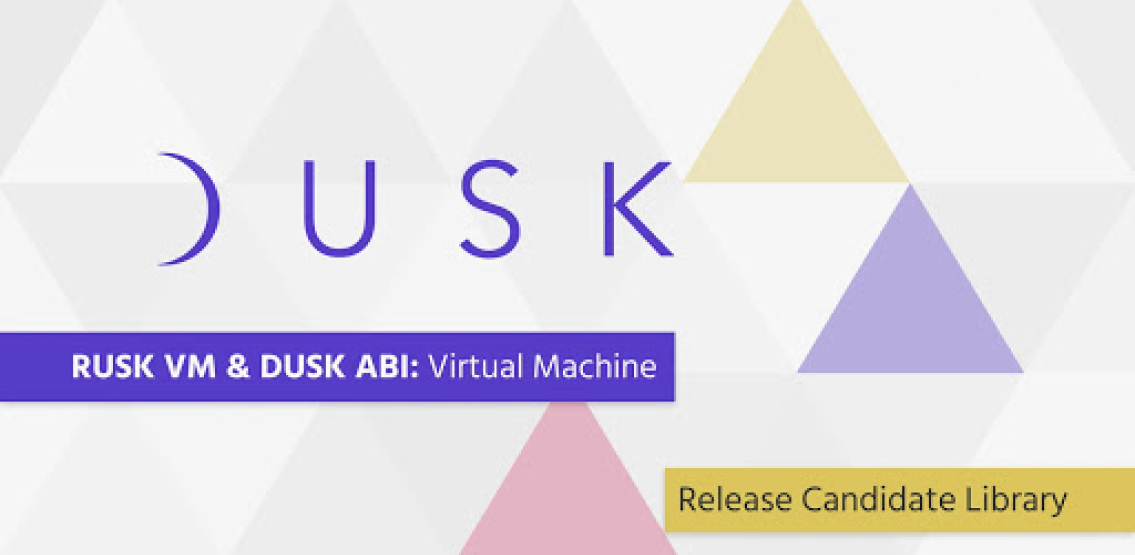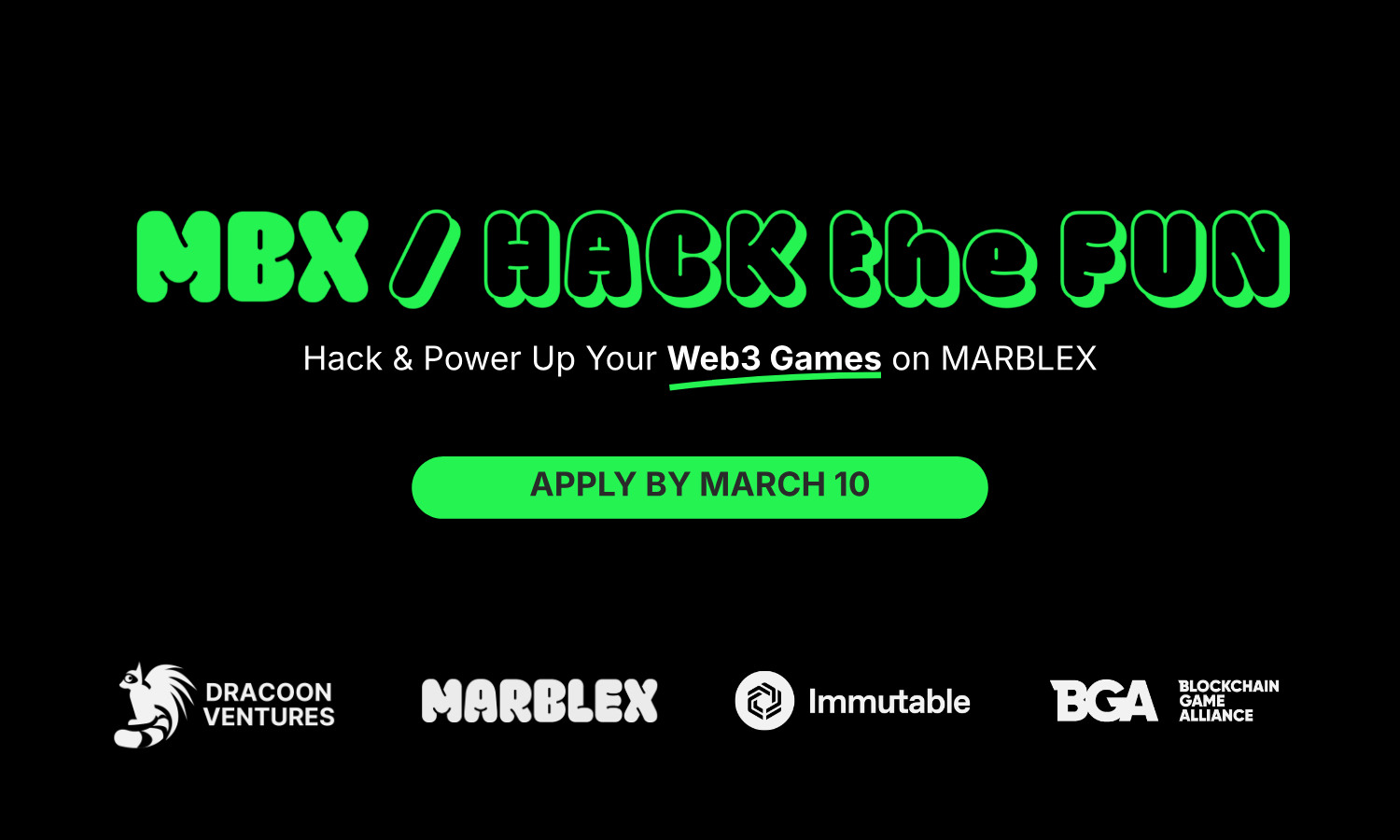For the first time, smart contracts will have complete privacy. The release of Dusk Network’s Rusk Zero Knowledge VM libraries has made this possible. Personal and transactional data can now be made confidential.
Smart contracts automatically execute code according to the terms of a contract or agreement. They vastly reduce the need for a trusted third party in the shape of inter mediators and arbitrators, and they cut costs as well as reduce malicious or accidental exceptions.
However, up until now, they are pretty much completely transparent and readable on the blockchain, and this brings certain issues, such as the right to maintain privacy in transactions.
Privacy – does it really matter?
Blockchain technology has led to some ground-breaking developments that have totally disrupted certain sectors. For example, decentralised finance (DeFi) has rocked the traditional finance sector back on its heels and is fast making much of it redundant.
In the same vein, the art world is being completely redefined as non-fungible tokens (NFTs) guarantee the uniqueness of an artist’s work and provide a trusted vehicle for transferring ownership.
The problem comes when the buyer of the art, or the initiator of the financial transaction, wishes to keep their identity hidden, for any one of many valid reasons. One of blockchain’s major advantages can be seen as a disadvantage here, as its transparency allows all transactions to be publicly viewable.
To solve this issue is a very big deal indeed, and the capacity to make smart contracts confidential is a major game-changer.
End-to-end release candidate
In order to achieve the first ever privacy blockchain with confidential smart contracts built in, Dusk Network is releasing its topics/libraries on a weekly basis. The release candidate is made up of these various libraries, and a number of them have already been released.
Immutable Storage, in the shape of the Microkelvin toolkit, makes zero-knowledge data structures easy to implement. It enables storage of data for confidential, as well as public, smart contracts.
The System Level library includes Canonical and Microkelvin, which manage how data is stored on-chain, while HAMT and nStack use the stack to enable developers to create zero-knowledge optimised smart contracts.
Plonk is the Zero-Knowledge Proof System library.
Zero-Knowledge Hashing is provided by Poseidon, which performs merkle tree opening proofs. Hades ensures that the output hash can’t be used to find out information on what has been input.
Virtual Machine – The Dusk-ABI connects the Rusk VM with the smart contract platform. The Rusk VM is the first virtual machine to be optimised for zero-knowledge cryptography.
These five libraries complete the Zero-Knowledge Virtual Machine. The Rusk Smart Contract Platform libraries are still pending and will be the next to be released.
By solving the issue of privacy in smart contracts, Dusk Network has positioned itself at the spear tip of privacy and compliance. With blockchain and cryptocurrency entering mainstream, Dusk Network technology should certainly help to hasten adoption.
Disclaimer: This article is provided for informational purposes only. It is not offered or intended to be used as legal, tax, investment, financial, or other advice.
Credit: Source link























